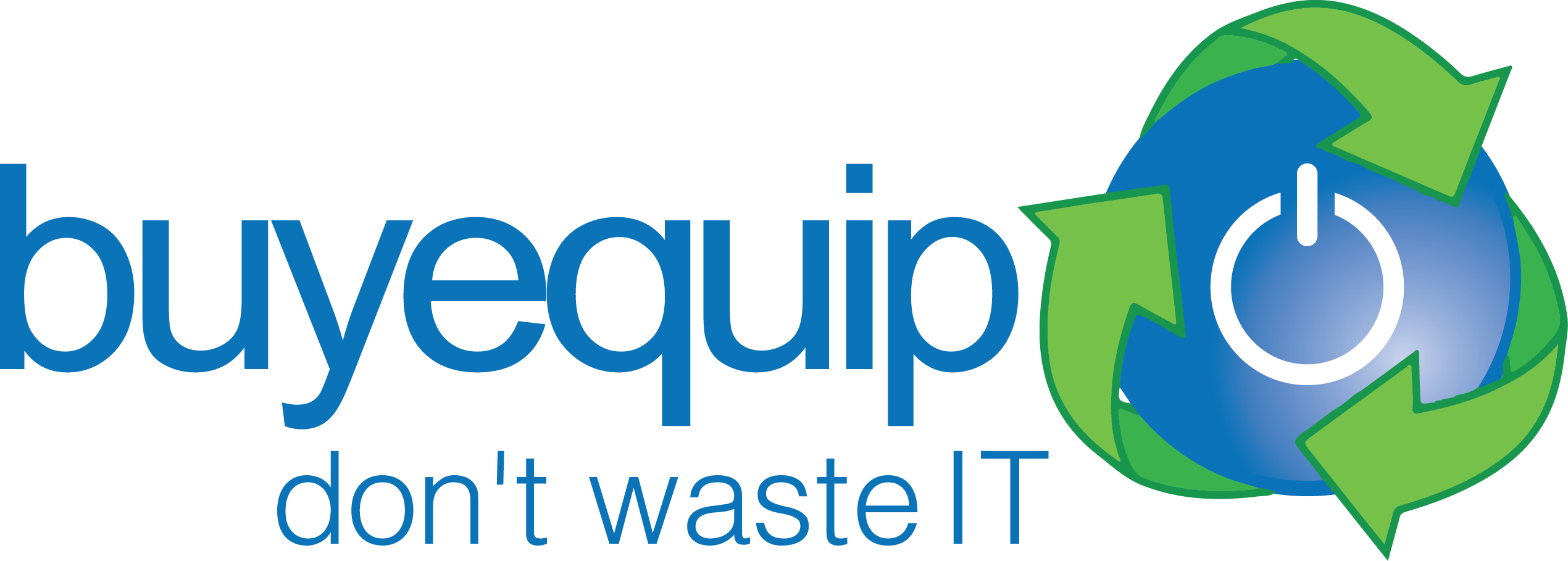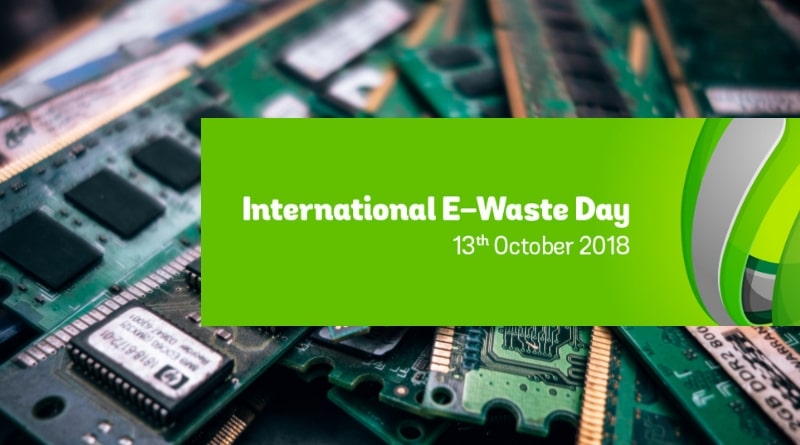It is estimated that almost 50 million tonnes of e-waste will be generated globally in 2018. Approximately 50% of this is thought to be personal devices such as computers, smartphones, tablets and TVs, with the remainder comprised of household appliances, and heating and cooling equipment.
With only close to a fifth of that e-waste being recycled each year, 40 million tonnes of e-waste is haphazardly disposed of, ends up in landfill, is burned, or shipped to developing countries, perpetuating a chain reaction of significant environmental, health and social issues.
International E-Waste Day was developed by the Waste Electrical and Electronic Equipment Forum (WEEE), an international association of e-waste collection schemes comprised of 26 members, including Australia and New Zealand Recycling Platform (ANZRP).
The first International E-Waste Day in 2018 involved 40 different organisations in 20 different countries worldwide. The aim of International E-Waste Day was to raise the public profile of responsible e-waste recycling and encourage consumers to recycle their e-waste, hopefully resulting in a global increase in responsible e-waste disposal.
Most participating countries recognised that the younger and most tech-engaged generations are critical to the long term success of any social change program.
Austria, Poland, Romania and Ireland arranged school collections of personal electronic devices, while Belgium engaged students with a unique game of ‘Raw material hunt’, involving the sale of electrical appliances. Czech Republic, Slovakia, Bosnia and Herzegovina, Slovenia, and Malta all instigated school information campaigns.
Romania went the extra mile with workshops and recycling activities for children held in one of their biggest hypermarkets, and Switzerland stepped outside the box with a e-waste themed comic book for primary schools.
For adult citizens, social media campaigns featured heavily, as did communication activities in national media, radio and television, while some countries such as Italy, Norway, Slovakia, and Ireland supplemented their message with newsletters.
Conferences, workshops and summits with key stakeholders and interest groups were held in Ireland, Malta, Slovakia, Bosnia and Herzegovina, India, and California while Italy and Poland both provided their citizens with ‘how-to’ guides for WEEE recycling. Competitions, open days and free recycling collections also abounded.
In what will hopefully prove to be the start of an ongoing scheme, the first container filled with scrap phones was shipped out of Cameroon for proper recycling.
The first International E-waste Day has now set the bar for future events in terms of participation, awareness raising and innovation. It only remains to be seen how this and future events can impact what is quickly becoming the global crisis of e-waste disposal.
After hearing the success of the first event around the world, we look forward to seeing International E-waste Day getting bigger and better in Australia into the future.
Well done to all involved. Inspiring e-stuff!



1 Comment
Hello,
this is a really interesting blog, a nice website, I think is relevant to our industry as we do secure paper disposal. check our website https://melbourneshred.com.au/ and let us know if you are interested in do some link building with us.